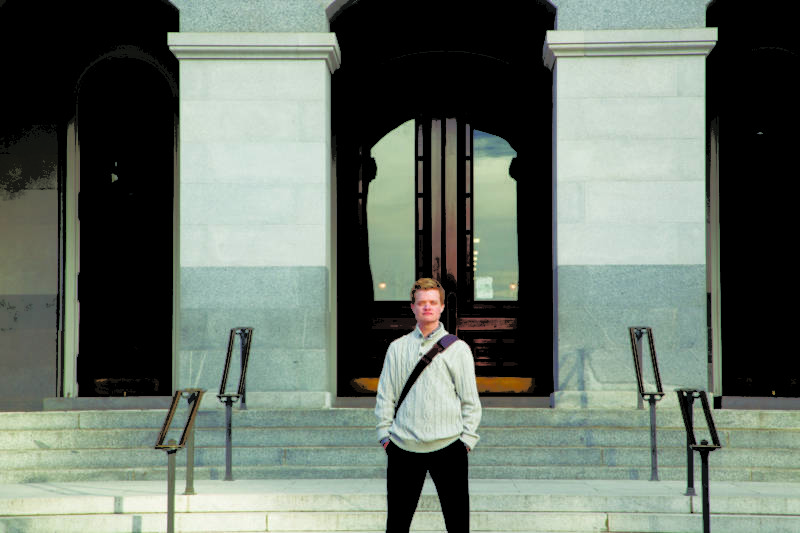Dignity Health, the hospital chain that runs Mercy and 30 other hospitals in California, said in legal documents that performing the surgery conflicts with its Catholic directives, which prohibit elective sterilizations or the removal of a “healthy uterus.”
“A Catholic hospital cannot be Catholic if it violates its ethical and religious directives,” said Barry Landsberg, an attorney with Manatt, Phelps & Phillips representing Dignity Health, during a hearing before the state Court of Appeal in San Francisco on Tuesday.
In the end, there was no harm done, the hospital’s attorneys argued, because Minton got his 2016 surgery three days after his scheduled appointment at one of Dignity’s non-Catholic hospitals.
The lower court agreed, ruling in favor of the hospital.
But attorneys from the ACLU representing Minton say that decision was a mistake and appealed. They argued to the appellate justices that this case was different from a Catholic hospital’s religious objections to providing abortion, for example, because the hospital routinely performs hysterectomies on women.
Sending a trans man to a different hospital for the same care is just as illegal as requiring black people to sit in a different part of a theater or to drink from a separate water fountain, they argued.
“That kind of treatment, of ‘Well, we cannot treat you here, but we’ll treat you somewhere else,’ really undermines the purpose of full and equal access,” said Elizabeth Gill, senior staff attorney with the ACLU of Northern California, which is also representing another trans man who was denied a hysterectomy at St. Joseph’s Catholic hospital in Eureka.
In many rural parts of California, Gill said, the Catholic hospital is the only game in town — leaving trans people no alternatives for care.
“Although Dignity Health happens to have a non-Catholic hospital in Sacramento, it doesn’t in most parts of the state,” Gill said. “And certainly as entities like Dignity Health eat up a significantly greater share of our health care market, that’s going to be increasingly true.”

